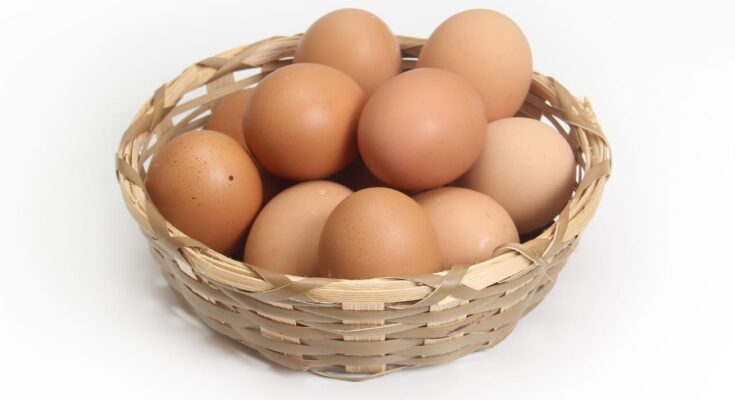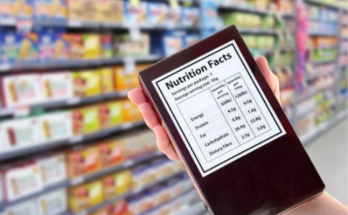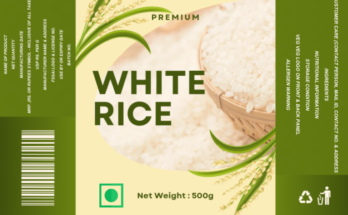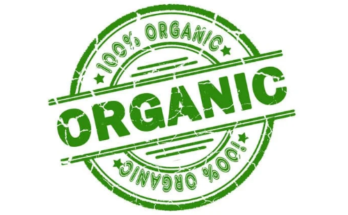There have been rumors about plastic or fake eggs being sold in the market. But how true is this claim? Let’s break down the facts and understand why plastic eggs are more of a myth than reality.
Why Fake Eggs Don’t Make Sense
- High Cost of Production
Producing artificial eggs is not easy or cheap. In 2016-17, the total egg production in our country was reported at 88.1 billion, with a 12% increase from the previous year. Eggs are sold at very thin profit margins — a retailer might buy an egg for ₹4 and sell it for ₹5, making just ₹1 profit per egg.
Now, imagine making a fake egg that looks and tastes like a real egg. The technology to create artificial eggs using chemicals like calcium chloride, alginate, and gelatin does exist — but it’s mainly used for making imitation fish roe (caviar) for vegetarian sushi. This process is complex, labor-intensive, and expensive. A report suggests that even printing a fake egg using a 3D printer would cost around ₹5,000 for 100 pieces — which is over ₹50 per egg! No one would spend ₹50 to make a product they could sell for just ₹5.
- Technology Challenges
Even if someone wanted to create fake eggs, it’s nearly impossible to replicate the taste, texture, and smell of a real egg. Chicken eggs have a complex composition of proteins, fats, and amino acids that are difficult to mimic. - Testing and Safety Checks
Eggs are carefully tested when imported into the country. Fake eggs would be detected during these inspections, making it very unlikely for them to enter the market unnoticed.
Common Myths About Eggs Debunked
- Fake or Plastic Eggs Are Real
- No, they aren’t. The cost and complexity of making fake eggs make it financially unviable.
- Bad or Rotten Eggs Always Smell Bad
- Not true. Eggs can be contaminated with Salmonella even if they don’t smell bad. However, if an egg smells bad, don’t use it.
- Dirt on Eggs Means They’re Organic
- Dirt or chicken droppings on eggs do not mean the eggs are organic. In fact, they may contain harmful bacteria like Salmonella. Dirty eggs should be discarded.
- You Should Wash Dirty Eggs
- No. Washing eggs can make them porous, allowing bacteria to enter. It’s better to store them as they are and clean them only before cooking, if necessary.
- Raw Eggs Are More Nutritious
- Cooking eggs doesn’t reduce their nutritional value. Eating raw eggs increases the risk of Salmonella infection, so it’s safer to eat them cooked.
- The Float Test Always Tells If an Egg Is Bad
- The float test can tell if an egg is fresh or old, but it doesn’t confirm whether the egg is contaminated with bacteria.
Best Practices for Handling and Storing Eggs
For Traders and Retailers:
- Buy eggs from reliable sources.
- Store eggs in a cool, dry place (preferably refrigerated).
- Keep eggs away from strong-smelling foods.
- Follow the FIFO (First In, First Out) method — sell older eggs first.
- Don’t sell cracked or dirty eggs.
For Consumers:
- Store eggs in the fridge to keep them fresh longer.
- Don’t eat raw or undercooked eggs.
- If an egg smells bad or looks unusual, discard it.
For Testing and Safety:
- Egg samples for testing should be transported in cool conditions.
- Eggs should be tested for protein content using reliable methods like the Biuret or Lowry test. A natural egg usually has a protein content of 11.5%–12.5% and almost no carbohydrates (<0.5%).
Conclusion
The idea of plastic or fake eggs being sold in the market is highly unlikely. The cost, complexity, and quality challenges make it nearly impossible to create convincing fake eggs at a lower price than real ones. So next time you hear about plastic eggs, you can confidently dismiss it as a myth!





Sweet site, super pattern, really clean and employ genial.
It is really a great and useful piece of info. I’m satisfied that you simply shared this useful information with us. Please stay us informed like this. Thanks for sharing.